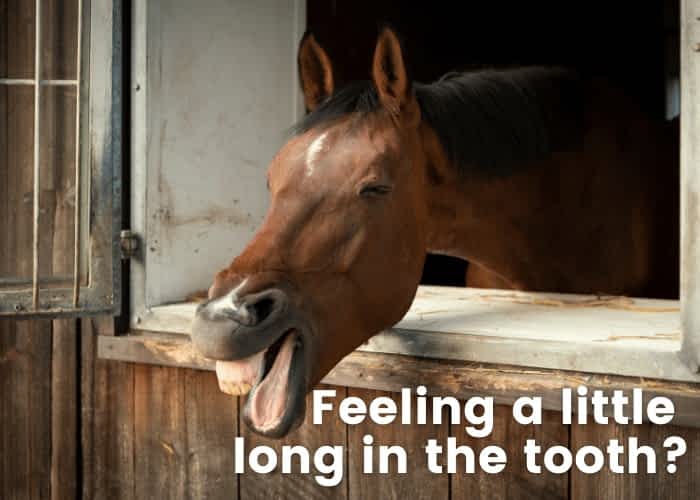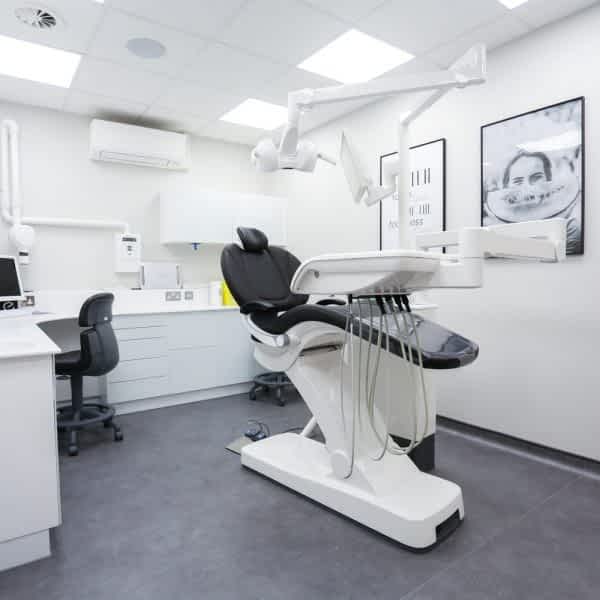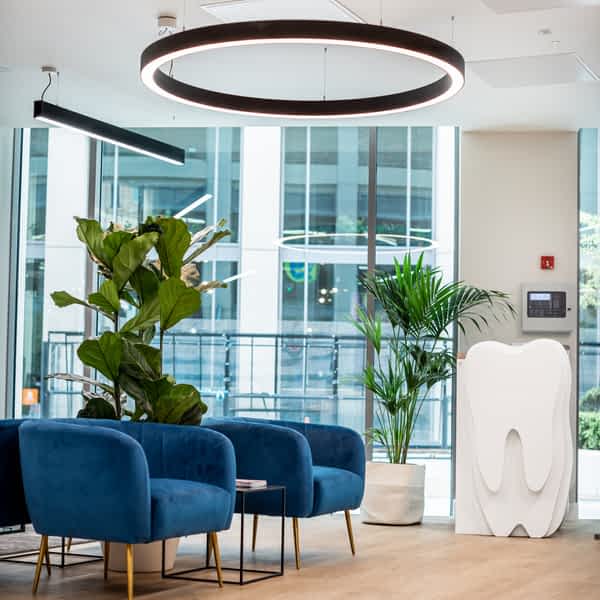
Feeling a little long in the tooth? It could be due to receding gums
Bleeding gums? Sensitivity? Bad breath? Generally not something we talk about over the breakfast table but most adults in the UK suffer with such afflictions. You may notice that alongside these symptoms, your gums are starting to recede. Yikes! Is my morning brushing always going to be a Tarantino-fest you may think? Are people always going to take a step back when I’m talking too close to them?
Do not fear. Receding gums, and the most common root cause — gum disease — are very common and there are steps you can take to alleviate symptoms and bring your mouth back to a picture of health.
What causes receding gums?
So why do receding gums happen? That is a good question! You know that old saying ‘long in the tooth’? Well, that originates from the sad fact that most of us get receding gums as we age. The term was originally coined in reference to the age of horses teeth. The older the horse, the longer its teeth are likely to be.
Unfortunately, the same can now be said for us humans. Wear and tear and some not-so-healthy lifestyle choices can cause our gums to recede, exposing more tooth. This is our poor mouths warning to us screaming “STOP!” with the neglect. The sensitivity, bleeding etc start to creep in and you know that something is up.
Wait, is it all my fault? Aren’t receding gums hereditary? The short answer is yes, receding gums can be genetic. But, some good oral hygiene practices alongside some smart lifestyle choices can go a long way to preventing them from receding. Another biological reason that we can’t do too much about is hormones. The hormonal ups and downs of pregnancy, menopause and oral contraception can affect the susceptibility of the gums to disease.
Aside from genetics, the likely causes of gum recession are periodontal diseases, namely gingivitis and gum disease. These diseases are a result of bacteria building up on the teeth (plaque) causing infections, and even destruction of tissue and bone. The obvious remedy to this is to brush more diligently, right? Not always. Mind how you go — a solid oral hygiene regime is recommended, but over-brushing can also start to wear down the tooth enamel and cause the gums to recede.
Now comes the pep talk. We all know the story, we’ve heard it over and over — sugar, including alcohol, tobacco and not having good oral hygiene are all habits that lead to plaque build-up. You guessed it; plaque build up equals bacterial infections equals periodontal diseases equal receding gums. Lecture over!
My gums are receding, so what?
You might be reading this thinking ‘well, ok, my gums are receding but it doesn’t look that bad, they’re not sensitive and no one’s told me I have bad breath’ so, who cares? This train of thought could get you into deeper water with your oral health, and the sooner you address the problem, the better.
When should I worry about receding gums? The sooner the better. Gingivitis is relatively less serious than gum disease and is reversible. However, once gum disease advances, whilst there are treatment options, the intervention becomes ever more surgical and costly. As the disease progresses and evolves into periodontitis, there can be tooth loss due to the gums pulling away from the teeth. So now you have an issue with both your gums and teeth. Not only does it not look good, advanced gum disease has links to other far more serious health conditions that could cost you your life. There’s a reason behind your gum recession and addressing it has far wider health benefits than just holding onto your teeth!
Time for an intervention – can receding gums be stopped?
We now know the warning signs, and we know it isn’t good for our health to just ignore receding gums. The next question on your lips is ‘Can receding gums be stopped?’
Yes! There are treatments that your dentist can perform to improve your declining gum health. Ask your dentist if they have specialist periodontal treatments, which will be your first port of call to obtaining healthier gums.
The most common intervention is scaling and root planing, which is a non-surgical treatment. This treatment involves removing the buildup of plaque from your teeth and roots, then smoothing over the roots so that your gums can reattach. Often, this intervention can be enough to help prevent your gums from receding further, however maintaining your oral hygiene routine and having regular checkups are a must to keep gum recession at bay.
Other surgical treatments may be considered by your periodontist if there’s no improvement. Your specialist might suggest Flap Surgery, a Gingivectomy or Gingivoplasty, which you can read more about in our post about Advanced Gum Disease.
Post-treatment, it is strongly recommended that you keep to a stringent oral hygiene routine to prevent further damage to the teeth and gums. Remember — having a healthy mouth can prevent many other dangerous conditions from developing. Here’s what to do:
● Brush your teeth twice a day with a soft brush
● Floss morning and night
● Rinse with mouthwash to get rid of nasty bacteria
● Use a fluoride toothpaste
● Get regular checkups at your dentist
● Look inside your mouth and monitor changes
If your gums have already started to recede and you’re seeing the telltale signs, stepping up your oral hygiene may not be enough. It’s always best to get a quick checkup to be sure what the issue is and get a professional’s point of view on the best action to take.
So scrap the Tarantino morning routine and the avoidance of up close and personal conversations, and build some better gum health with the help of your dentist or periodontist.









